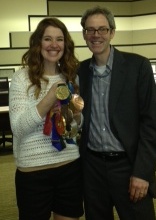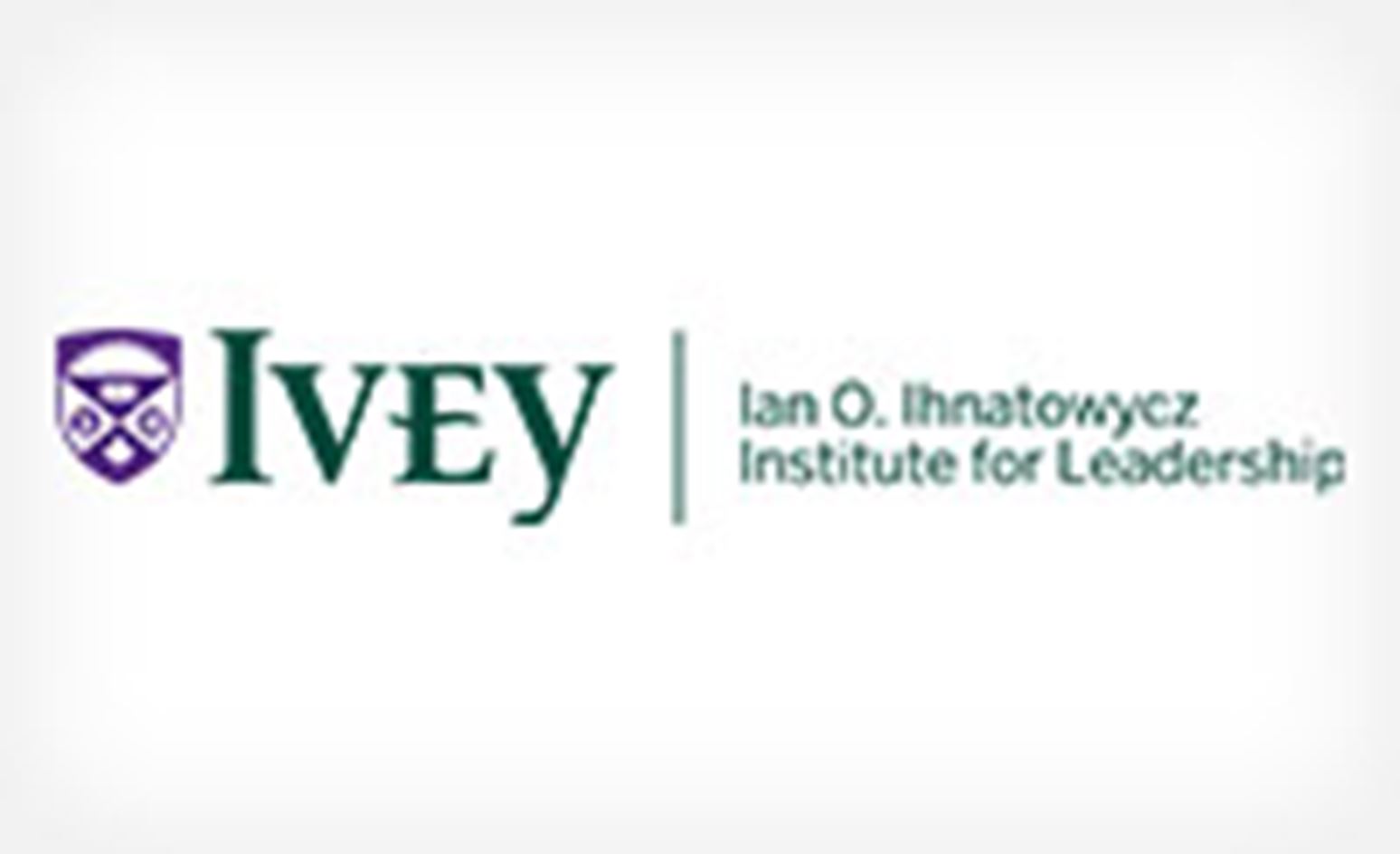Clara, you talk a lot to people about leadership, what have you learned about leadership over your career and what are the three leadership messages you share with executives?
I've learned a lot about leadership, my coaches were probably the biggest leaders in my athletic life, but I also had a chance to work with people in the business world that really taught me and empowered me with tools to be a leader myself and to become a leader. I think the most important fundamental thing is to lead by example. You can't be something other than the message that you're giving. My speed skate coach, Wang Xiuli, always led by example in that she looked at us after the off season if we had come back a little chubby. She'd put herself to work and lose some weight and say 'see your coach is thinner than you'. It's important to lead by example and to show what you expect of others. Actions speak louder than words. In terms of leadership - giving back and connecting, benevolence is really important. If you encourage and inspire people that are in your business, your work - you can show them not only a really good way to be and live as a human being, I think it allows people to realize the importance of living up to what it means to be a human being and connected. I also think that you end up getting more motivated, richer, well rounded human beings that are better working for you and with you and you have a common something outside of your business to actually try to give back to and connect to and feel good about and a sense of pride about. The third thing I would say in terms of leadership is - don't underestimate what that role is. I was always looking to my leaders for the example, not only when I was strong but more importantly when I felt weak or vulnerable. I looked to them for what I could be, I looked to them for strength, I looked to them for encouragement. I also looked to them for openness. I needed to know that I could, if I didn't believe in something, understand something - I had to feel comfortable enough to voice my opinion so you need to create an environment of openness and inclusion, even if it's an illusion. My speed skating coach, Wang Xiuli, I like to say, created the illusion of democracy. She would ask us what do you want to do today for training and then I'd say, I think we should do this and she'd say, can I make a suggestion and she would tell me what she thought I should do and it was always the better decision but I actually, for a moment, thought I could make the choice.

You're the national spokesperson for Bell Canada's Mental Health initiative and the Let's Talk campaign. You share with your audience your past struggle with depression, so how did you develop the inner strength to be so open about your personal struggles?
I was given the opportunity to share my experience of going through depression by Bell Canada. George Cope, the CEO decided to put all of Bell's money into mental health and change the focus of their funding - you know, goodwill dollars and when I learned of this initiative through George and through others I asked to be a part of the campaign because I went through depression, I have friends and family members who have suffered or are still suffering and I just thought that maybe I could be a part of it because I could relate. I didn't know I would be spokesperson. It was George Copes' leadership that he saw he had a potentially impactful spokesperson. He and his wife Tammy very carefully talked to me and led me through what this would be and they were very, very careful with making sure that I felt like I had the capacity to handle what the repercussions might be in terms of how difficult it is to talk about but also what it might open up in myself and in others so I do really credit George Cope's leadership in realizing and seeing what I would be able to do with his campaign and it has worked out really well and we brought it to places I don't think anyone could ever imagine. So it became very easy when I shared because so many people said that what I shared made them feel that they could talk. I saw the need every day - I see and feel it every single day when somebody talks to me about how that campaign impacted them positively.
Good leaders always learn - what have you learned most recently about leadership and living a successful life?
I've learned a lot but I think there's a lot of terrible examples of leadership including our politicians in Canada and the United States where I am most connected because I live in both countries. Bullying is front and centre in the media right now and everyone asks 'how have we failed these kids'? There's another recent suicide related to bullying and I look at political campaigns and the bullying that goes on with adults and I can't help but think - what example is this giving for leadership? This is setting the example that bullying is okay so we need to start thinking about good examples of leadership and positive leadership, and support and encouragement and that can be competition. I was an Olympic athlete and, believe me, I was at battle when I was competing but I always had respect for my competitors. I never ever belittled them. I wanted them to be great and faster than anyone in the world because I want to be better than them at their best.
